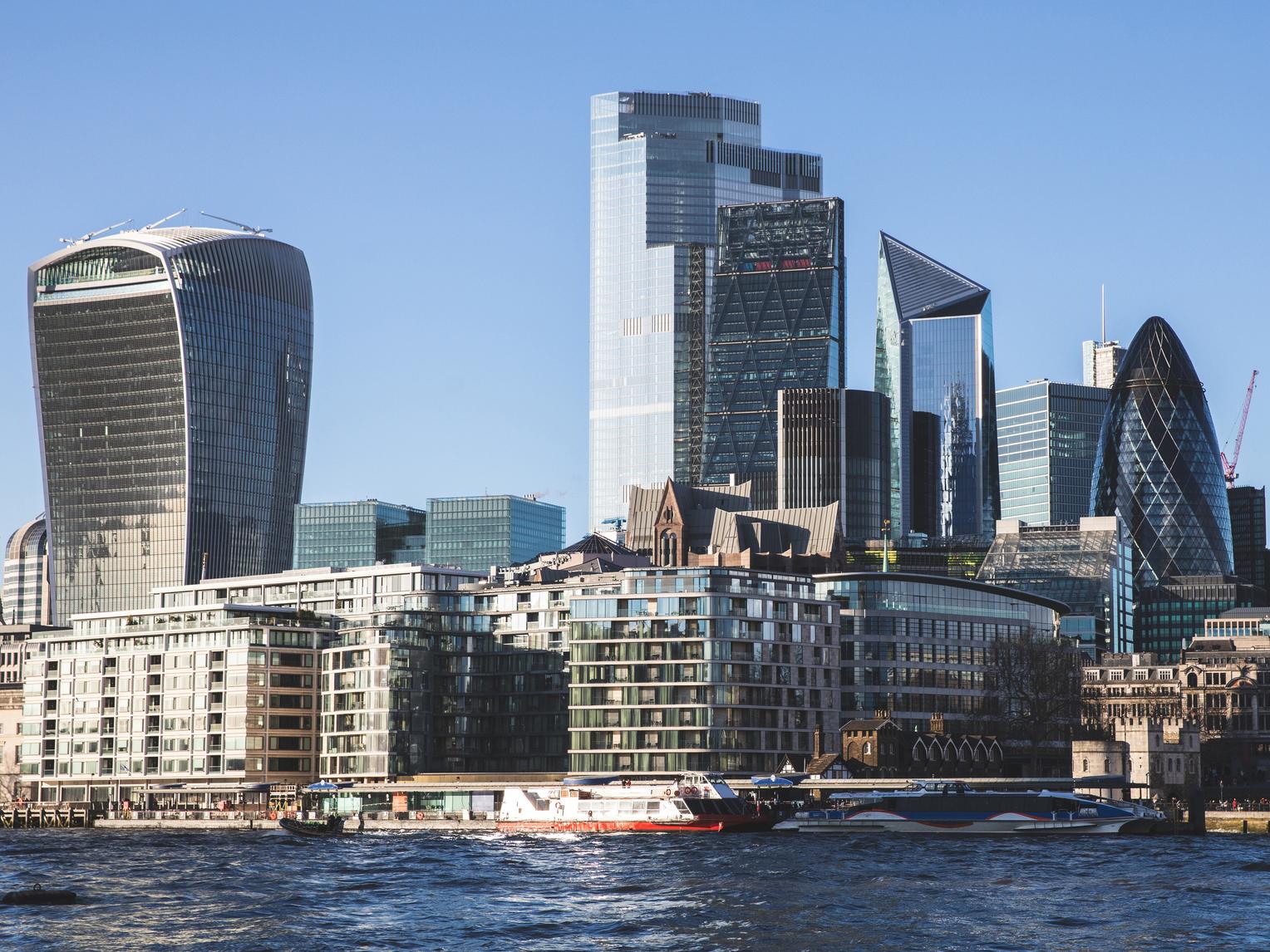The City is urging climate action but its banks need to do more
L&G wants greener homes while the City of London Corporation is launching a climate strategy. Yet still the banks fund carbon polluters, writes James Moore


It’s hard to get attention when “we’ve got to save the planet to save the economy” turns into something like “L&G calls on government to take urgent action to reduce emissions from the built environment”.
That latter came out at the end of last week, in the form of an open letter to said government, signed by three senior bods including the head of sustainability. And there were some good ideas in it.
But it’s all about messaging. That sort of messaging runs the risk of inducing a yawn in even the most ardent greenie, let alone a government that operates by means of three-bullet-point slogans (although some of them are pretty rubbish too – what does stay alert even mean?).
Still, L&G’s call was well made. The insurer, which is becoming increasingly important as a landlord, pointed out that buildings account for nearly a third of overall UK greenhouse gas emissions.
You mightn’t see the gunk they tip into the environment like you can see the gunk coughed out by your car exhaust but the pollution is still there, and the negative economic impact caused by it could yet make the Covid-19 recession look like a minor squall when compared to a hurricane.
Better still from L&G, it offered some concrete proposals for how to improve the situation, not all of which will cost the government money, some of which could (in theory) cost L&G, and other private sector developers, money.
They included a call for the reintroduction of the net zero carbon standard for new homes, shamefully and inexplicably dropped in 2015.
Dovetailing with that, L&G also pledged that by 2030 all homes built by its housing businesses will be capable of operating at net zero carbon emissions.
Carbon targets for new public buildings, large public renovations and infrastructure, with a clear trajectory towards net zero standards? Marvellous.
They may cost the tax payer money by making projects more expensive in the short term – but the savings could be incalculable down the line. L&G’s call is particularly well made at a time when the government is proposing to splash the cash on infrastructure projects as part of its “levelling up” agenda.
There were some other ideas, which we don’t need to go into great detail over (because, techie) other than to say they have merit too.
Hot on the heels of the L&G letter comes the launch of a consultation by the City of London Corporation, the financial centre’s local authority, this morning. It’s being conducted among residents, and businesses (including L&G), ahead of the planned launch of a Climate Action Strategy.
“Radical action is needed if we are to make our own sites, and the Square Mile as a whole, more climate resilient,” Catherine McGuinness, policy chair at the City of London Corporation, says. She thinks that Covid-19, and its devastating impact, shows just why the financial powerhouses among her constituents need to take it seriously. And she’s right. And there is an increasing awareness among financial firms, especially insurers (for obvious reasons) of that.
If the consultation shows that they’re prepared to step up their engagement with the issue, so much the better. The government has made a fuss about its environmental commitments, but a couple of billion to green up homes in the summer mini-Budget is barely even a starter for ten. It’s in need of some more prodding, and in blunter terms than the ones L&G used
The City hasn’t exactly covered itself in glory over the last decade. A succession of lurid cheating scandals that followed a financial crisis caused and spread by the banking industry have justifiably lowered it in public esteem, and arguably weakened its hand in discussions with policymakers.
Taking a lead on the climate crisis could help to rehabilitate it in the public mind, and it’s also in the financial sector’s economic interest to do so. The banks could do with showing a little more willing, mind.
While a positive response to the corporation’s efforts would be most welcome, turning off the taps when it comes to fuelling environmentally demanding projects would be even more so.
Subscribe to Independent Premium to bookmark this article
Want to bookmark your favourite articles and stories to read or reference later? Start your Independent Premium subscription today.
Join our commenting forum
Join thought-provoking conversations, follow other Independent readers and see their replies
Comments